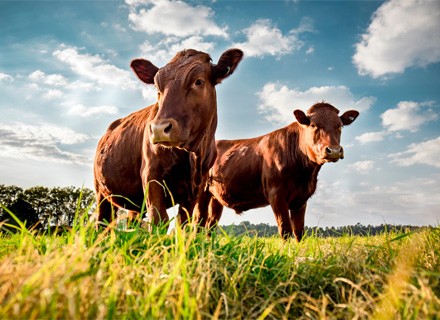New Zealand has proposed a charge on sheep and cattle burps to combat greenhouse gases. It would be the first country to levy a fee for methane emissions from farmers on their livestock. The country has more than five million people and has approximately ten million cattle and 26 million sheep. Agriculture counts for over half of the country’s total greenhouse gas emissions, primarily methane.
New Zealand’s climate change minister, James Shaw, spoke of an undeniable need to reduce the methane we emit into the atmosphere and that an effective agricultural emissions pricing system will be critical to achieving that goal.
Under this proposal, farmers must pay for their gas emissions starting from 2025.
Farmers who minimize emissions using feed additives will receive rewards. Planting trees on farms can offset emissions.
In a conversation with BBC, Andrew Hoggard, a dairy farmer and National President of Federated Farmers of New Zealand, said he supported this proposal.
Furthermore, the country’s environment ministry aims to redirect funds from the methane tax to research, development, and agricultural advisory services.
After carbon dioxide, methane is the second most common greenhouse gas (CO2).
It is one of the most powerful, accounting for a third of current warming caused by human activity. Individual methane molecules warm the atmosphere more effectively than individual CO2 molecules.
At last year’s COP26 environmental summit in Glasgow, the United States and the European Union agreed to reduce greenhouse gas emissions by 30% by 2030. More than 100 countries have joined the effort, including New Zealand.

